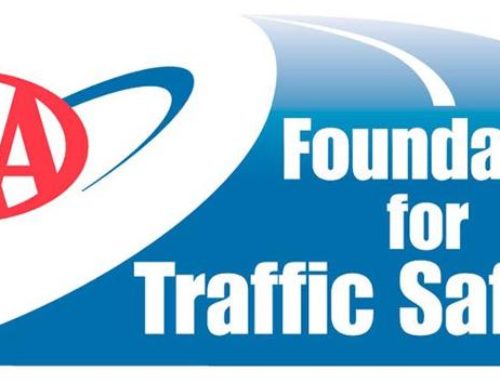We hear the term “heavy drinker” used often to describe someone who may have a legitimate medical problem. Under the DSM-5, a manual used by the psychiatric community to diagnose mental disorders, numerous factors are examined to determine if an individual has Alcohol Use Disorder, from National Institutes of Health (NIH).
Diagnosis
The factors, posed as questions, are presented as follows.
In the past year, have you:
- Had times when you ended up drinking more, or longer, than you intended?
- More than once wanted to cut down or stop drinking, or tried to, but couldn’t?
- Spent a lot of time drinking? Or being sick or getting over the after effects?
- Wanted a drink so badly you couldn’t think of anything else?
- Found that drinking—or being sick from drinking—often interfered with taking care of your home or family?
- Continued to drink even though it was causing trouble with your family or friends?
- Given up or cut back on activities that were important or interesting to you, or gave you pleasure, in order to drink?
- More than once gotten into situations while or after drinking that increased your chances of getting hurt (such as driving, swimming, using machinery, walking in a dangerous area, or having unsafe sex)?
- Continued to drink even though it was making you feel depressed or anxious or adding to another health problem? Or after having a memory blackout?
- Had to drink much more than you once did to get the effect you want? Or found that your usual number of drinks had much less effect than before?
- Found that when the effects of alcohol were wearing off, you had withdrawal symptoms such as trouble sleeping, shakiness, restlessness, nausea, sweating, a racing heart, or a seizure? Or sensed things that were not there?
The presence of merely two of these “symptoms” indicates an Alcohol Use Disorder. The severity of the disorder is determined as follows:
Mild: The presence of 2 to 3 symptoms.
Moderate: The presence of 4 to 5 symptoms.
Severe: The presence of 6 or more symptoms.
Treatment
With alcohol, the old saying that if you’re wondering if you have a problem, you likely do. Treatment of an Alcohol Use Disorder comes in many forms including a possible stint in a detoxification facility where trained medical staff monitors your withdrawal symptoms. Depending on how long and how heavy a person drinks, the withdrawal symptoms can be very painful, and in some cases fatal. In-patient treatment is recommended for people who don’t have a strong supportive social network and have a history of the following:
- Severe withdrawal symptoms
- Withdrawal seizures or Delirium Tremens
- Multiple previous detoxifications
- Certain medical or psychiatric illnesses.
Some people are successful quitting on their own or even managing to “control” their drinking without clinical help. Chances are these people experienced the traits of alcoholism, but were able to overcome the problem with behavioral changes, a healthy focus and a strong social support system.
Self Help Groups
Alcoholics Anonymous (AA) and other 12 Step programs have recently come under fire. Certain peer reviewed studies have shown that the program has between a 5 and 10 percent success rate whereas, AA claims 25 to 30 percent success at helping people get and stay sober. Perhaps as one prong of treatment, the AA group support can help. When, combined with individual counseling and lifestyle changes, this could be the answer.
Often, the drinker’s family is profoundly affected by the disease. Heavy drinking can cause physically violent episodes or emotional abuse or neglect. The drinker is rarely present and in the moment, and children and spouses walk on pins and needles wondering when the moment is going to come where the drinker lashes out and hurts himself or others. Organizations such as Al-non and Adult Children of Alcoholics can help families deal with the drinker in effective ways and maintain their safety and sanity during difficult times.
Conclusion
If there is a question as to whether you have a drinking problem, it would make sense to look into it further. The DSM-5 criteria are a good starting point for those who are capable of being honest with themselves. Treatment facilities specialize in helping people get sober and lead productive lives, and time spent in self help groups could help the drinker as well.







